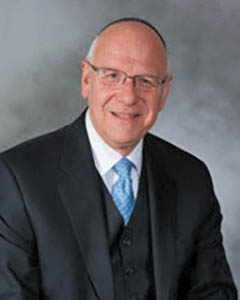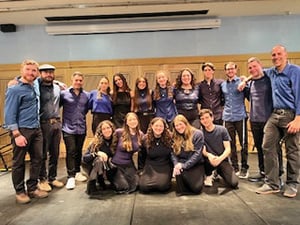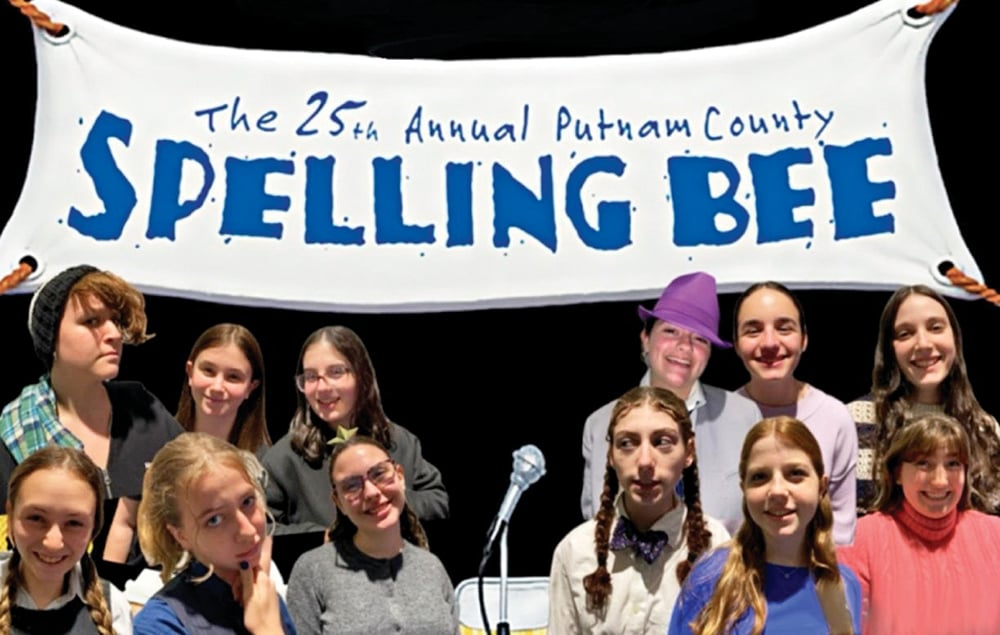
Parshat Shemot
At first glance, it is difficult to find a connection between the haftarah this week (according to Ashkenazic tradition), made up of selections from three perakim of Yishayahu, and the parsha itself. The parsha focuses on the enslavement of Israel and the suffering they underwent in Egypt, while the haftarah speaks of the redemption of our nation and the glorious future that awaits them. Prophetic declarations such as “Yatzitz upharach Yisrael” (Israel will bud and blossom) and visions of our return to the land, including the well-known “Uva’u ha’ovdim b’eretz Ashur…v’hishtachavu laShem b’har hakodesh, b’Yerushalayim” (Those lost in Assyria and those discarded in Egypt will come to the Holy Mountain in Yerushalayim and bow down to Hashem) seem to have little to do with the events of our parsha and, indeed, contradict what appears to be its very theme. In fact, this may very well explain the variant tradition of Edot Mizrach, who focus on the suffering in the Egyptian galut by reading the first chapter of Yirmiyahu as their haftarah selection, in which the navi warns the people of the coming exile.
In truth, however, there are two primary focuses of our Torah reading this week. Unquestionably, the horrors of the Egyptian bondage creates the background and sets the mood for the events that follow. But it is also true that the parsha focuses on the dawning of the eventual geula by introducing us to the man who was chosen to be the instrument of Hashem to redeem the people and lead them out of Egypt and his (initially) failed efforts to secure their release. Together with that is the powerful message of hope and redemption that Moshe Rabbeinu brings to the nation dwelling outside her homeland, much as Yeshayahu promises to those who faced impending exile from their land.
When we look back upon our history, we understandably find ourselves troubled and even depressed when viewing the untold sufferings our people have undergone. And yet, for thousands of years, our ancestors found hope in the vision of a better tomorrow. They heard the words of the ancient prophets and chose to focus on the promised redemption rather than their ongoing travails. It was this that helped them survive the difficult times.
It is this hopeful theme that Chazal chose to highlight in their choice of this haftarah. It is a theme that, for so many years, remained only an unfulfilled promise, a distant dream. How fortunate are we to recite the prophet’s words knowing that they are coming true before our very eyes! We might go through difficult times—even today—but we are confident that the visions and promises expressed by our neviim will soon become a reality.
By Rabbi Neil N. Winkler
Rabbi Neil Winkler is a past rabbi of the Young Israel of Fort Lee and now lives in Israel.












